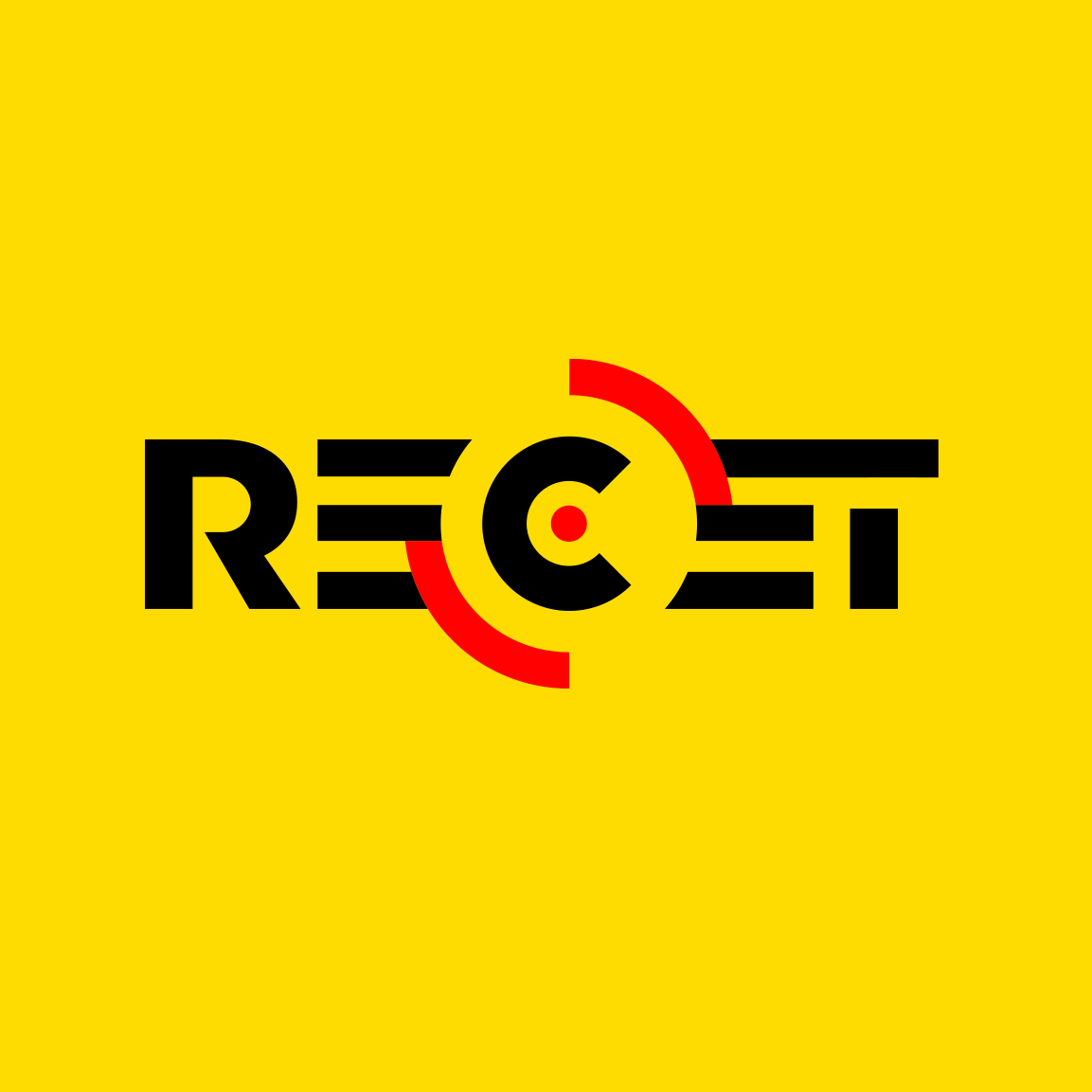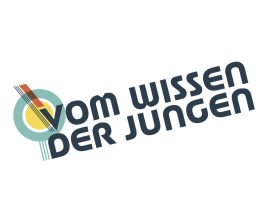‘Science is cool’
Expectations, standards, and requirements in higher education vary from country to country. In the third episode of the Knowledgeable Youth podcast Ukrainian students embark on the complex subject of tertiary education.
Due to differences in school systems between Ukraine and Austria, Ukrainian adolescents often enter university earlier than Austrian students. This episode of the Knowledgeable Youth podcast discusses the variations in higher education. The students’ conversation centres around Agata Zysiak’s article ‘Bleaching Blue Collars’ that draws insights from the experiences of first-generation students under state socialism in Poland and the barriers they faced when trying to enter university. The students share their own thoughts about entering university and the difficulties and challenges they might encounter in Vienna.
Listen to the episode right here:
Socialist reform and modernization in post-WWII Poland opened the higher-education gate to underprivileged students. But early streaming to vocational school and societal expectations remained as barriers. What became of the working-class freshers who made it to the lofty heights of academia?
Published 8 August 2024
Original in English
First published by Eurozine
Contributed by RECET © Eurozine
PDF/PRINTIn collaboration with
In focal points
Newsletter
Subscribe to know what’s worth thinking about.
Related Articles

The sharp drop in support for Ukraine in Italy has less to do with the traditionally Russia-friendly economic policy of the Italian right, and more with the anti-Americanism rooted in the political culture of the Italian left, which now articulates itself as pacifism.

Russian art museums and galleries, navigating Putin’s censorship, either conform or risk closure. Dissenting cultural workers are sacked, artists arrested. Pro-war propaganda is both sardonically replacing exhibitions once celebrating Soviet Ukraine in Russia and eradicating Ukrainian culture in the occupied territories.






